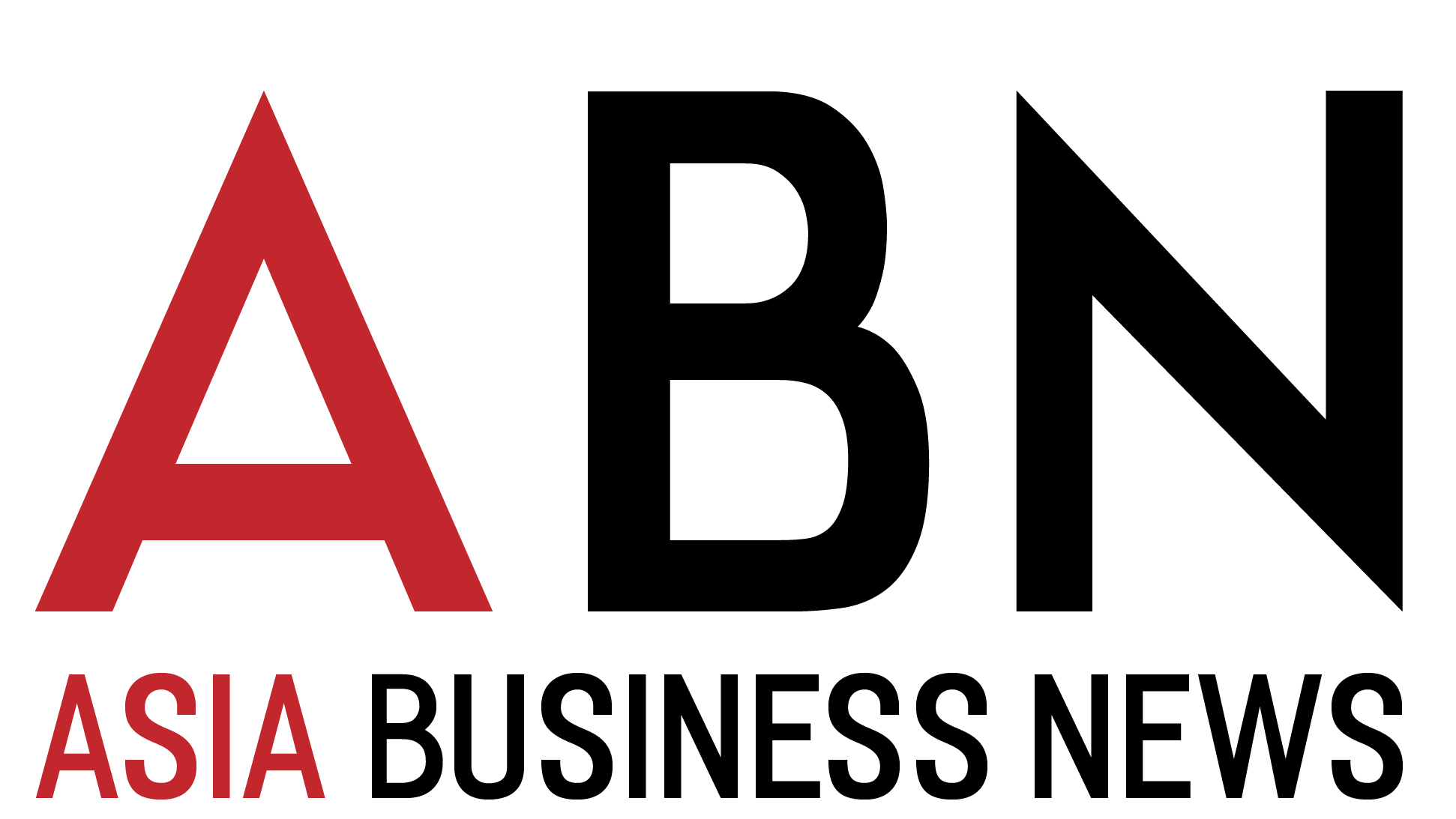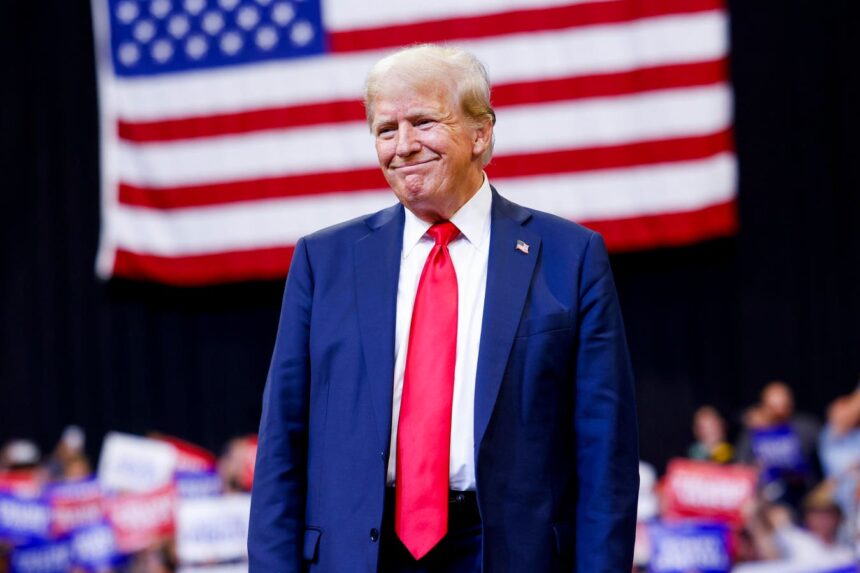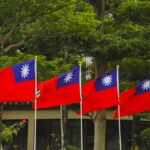Donald Trump
Mike Sciaglo/Getty Images
President-elect Donald Trump is quickly forming his Cabinet and setting an aggressive pace for the new administration. While his first-term foreign policy was marked by a number of moves inconsistent with long-established U.S. foreign policy positions, such as publicly denigrating NATO and imposing tariffs on Chinese (and other) exports, we should assume that during his second term he Some policies will also be accepted. I think there are three key areas where Trump’s foreign policy may differ from traditional approaches.
First, Trump is not governed by an overarching foreign policy philosophy. Relationships and history are less important. Short term costs/benefits are more important. Of less importance to Trump is the fact that the U.S.-Japan Security Treaty has been the cornerstone of peace in Asia since 1945. There is a suspicion that international architecture and international cooperation are mechanisms by which free riders and ideologues promote the United States. If you look at the financial commitments other countries sought from the United States at COP29 (China was not obliged to make any financial contributions), or if you look at UNRWA’s irresponsibility in dealing with Hamas, Trump’s There seems to be some truth to the statement.
Second, much of his foreign policy is driven by domestic political concerns. Notably, during his first term, three of his most important foreign policy concerns focused on domestic impacts: trade, immigration, and terrorism. Trump often views foreign policy as an international analogue of domestic problems rather than a standalone issue.
Third, Trump is driven more by threats than opportunities. Process and architectural events such as UN General Assembly meetings, APEC meetings and G7 meetings are of little value. (To be fair, Biden also frequently failed to advance a policy agenda at these events, although he generally attended them dutifully.)
These three guidelines lead me to offer some advice to my Asian friends seeking to maintain a positive relationship with the United States:
First, don’t stand still. Trump respects personal interactions. Visit Washington and connect with the President and his team.
Secondly, we need to look forward on some issues. If some trade or investment barriers can be moderately addressed, it will cool down the market temperature and calm the market. Countries that make sincere efforts to address these issues will fare better than those that are in denial or unable to act.
Consider, for example, the Digital Free Trade Agreement with ASEAN. Trump signed a digital free trade agreement with Japan during his first term, so it should not be difficult for the 10-nation ASEAN group to adopt the treaty.
Likewise, why not remove tariffs on products and sectors with no (or little) local production. Who would be helped by Indonesia’s potential tariffs on auto parts or India’s tariffs on blueberries? Here are some actions that will send the right signals.
All in all, nothing will be business as usual over the next four years, and Asian leaders would do well to get ahead of these changes rather than wait and hope for a better outcome.












